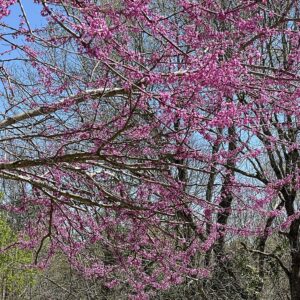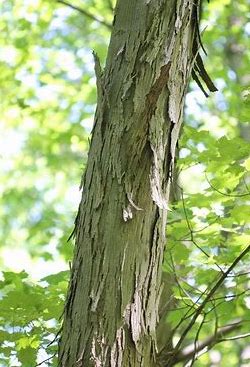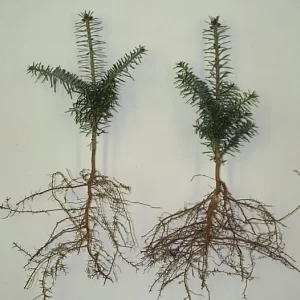
Shagbark Hickory (Carya ovata)
3 for $10
Easy to recognize by their trunks which are characterized by long, peeling strips of bark. Grows to 60-80’ Shagbarks have a tall central stem with a narrow crown. Compound leaves become golden in early fall, eventually drying to a warm bronze. Long living, but slow growing, taking decades to produce nuts.
Excellent wildlife tree: Squirrels and birds eat the seeds and catkins. Mammals and humans eat the nuts. More than 133 fungi are associated with shagbark hickories, but few damage the tree seriously. Shagbark hickories also host approximately 180 species of insects and mites, but bark chemistry and architecture minimize their damage. It attracts Substrate-insectivorous birds. Bats and brown creepers roost and nest, respectively, beneath the shagbark’s flaking bark.
Adapted to wild range of soil types. Full Sun, Part Shade, Shade
12″ -18″ Bare Root Plants
Photo 1 Source: Rob Routledge, Sault College, Bugwood.org
In stock



